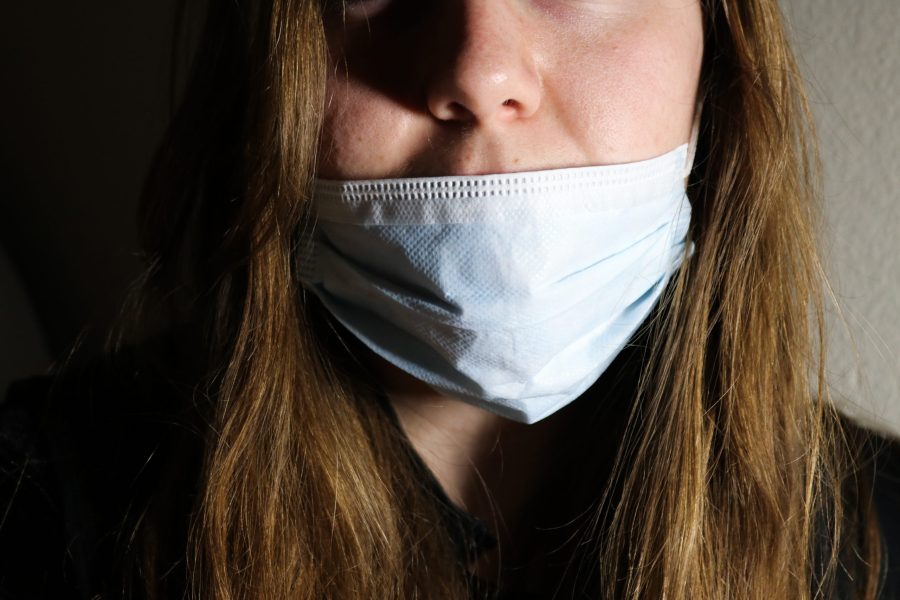For many, the in-home order was the best way to protect many citizens from contracting the coronavirus disease. But for victims of domestic violence, the in-home did the exact opposite of protecting them.
In light of the COVID-19 outbreak, Colorado issued a stay-at-home order on March 25, 2020 allowing only essential businesses to remain open. Many stores and companies were forced to close their doors until further notice. College campuses have moved their classes online and food ordered from restaurants is being delivered as take-out. Unfortunately, countries around the world are seeing a surge in domestic violence cases. Spain has seen an 18 percent increase in calls during the first two weeks of lockdown. At the beginning of April, French police announced that there has been a 30 percent increase of reported domestic violence cases.
Domestic violence is the pattern of actions of one partner using against the other in an intimate relationship as a form of control. This abuse can happen to people who are dating, living together, who are married. Examples of abuse include isolation, minimizing or blaming, using economic dependence, threats, and/or using emotional abuse. According to the National Coalition Against Domestic Violence, 20 people per minute experience domestic violence. This comes out to 10 million men and women total in the United States. In a time where being outside of the house is impossible, victims of domestic violence may have lost their safe haven. Getting to go to work or attend other obligations during the day away from their abuser was a form of safety and protection for victims of domestic violence.
But here are some ways to stay safe while staying home.
Talk to someone.
This can be a friend, family member, or co-worker. Keeping communication between yourself and others is beneficial to feeling less isolated and alone.
Reach out to a victims hotline.
The National Domestic Violence Hotline is a 24/7 resource that provides confidential phone calls, chats, resources, and help to those who may feel like they’re experiencing domestic violence. The hotline also provides resources to concerned family members or friends with information about how to know the signs of an abusive relationship. Reach out to the hotline at 1-800-799-SAFE (7233) or https://www.thehotline.org/help/ to join the confidential chat.
The CSU Women and Gender Advocacy Center also has resources for victims or witnesses to domestic violence. The WGAC Victim Assistants Teams hotline is available for students, faculty and staff during the in-home order. The hotline can be reached at (970) 424-4242.
Alternatives to Violence, a Loveland domestic violence advocacy center and shelter, has created a video with tips for those who are experiencing domestic abuse at home during the COVID-19 crisis. ATV also offers a crisis hotline and can be reached at (970) 880-1000.
Contact the police.
If you or your loved one is in a situation that has turned physically violence or threatening, contact the police. All first responders are essential services. But if you feel conflicted about the situation, contact the Hotline to get advice and help.
































